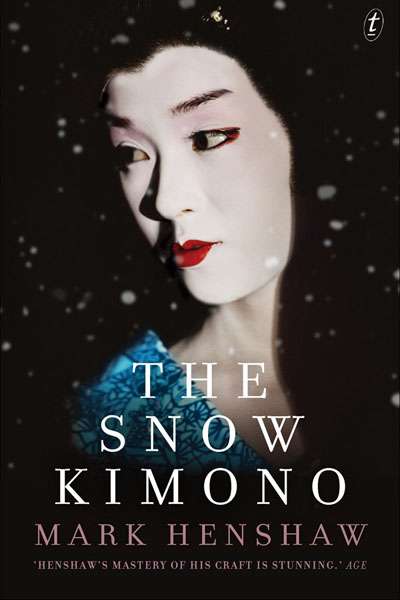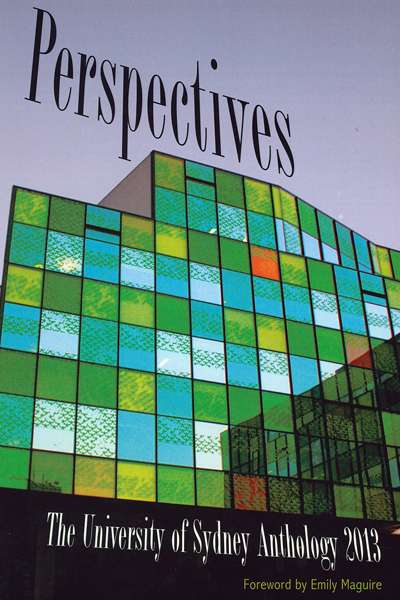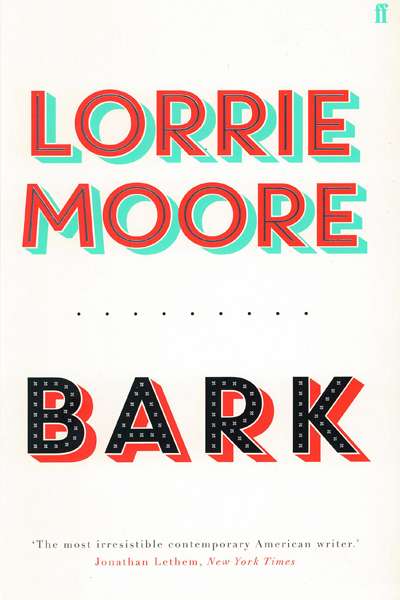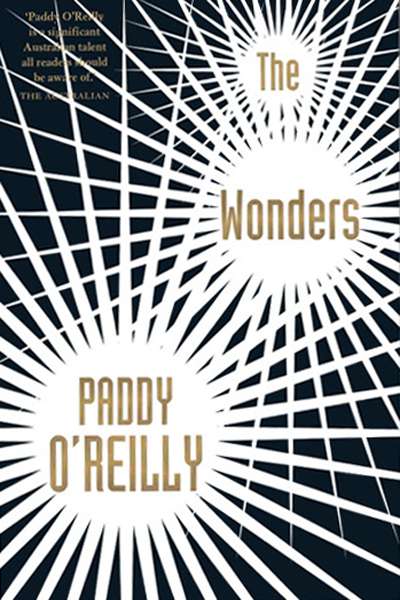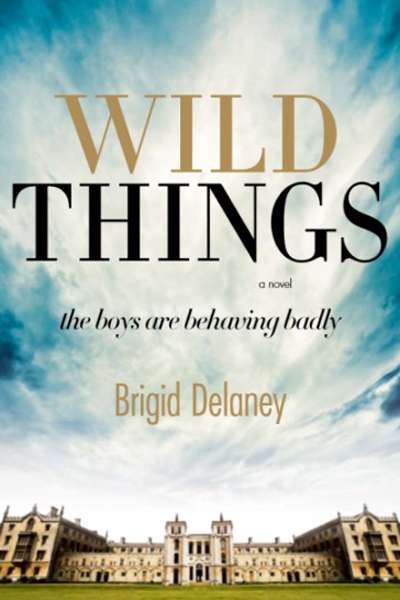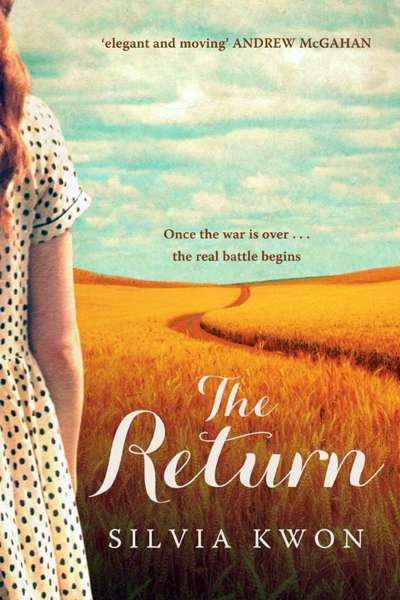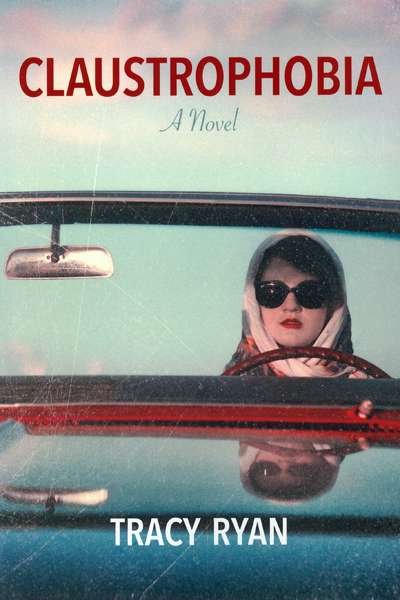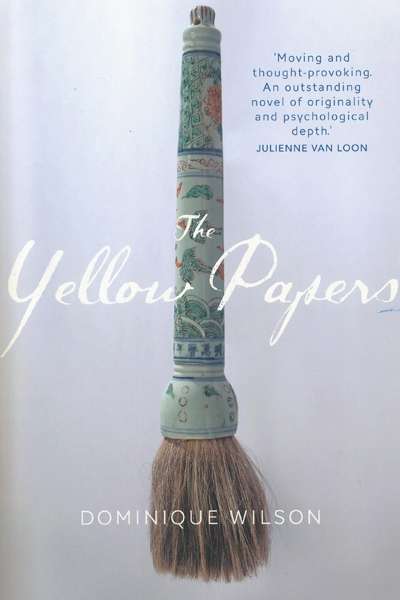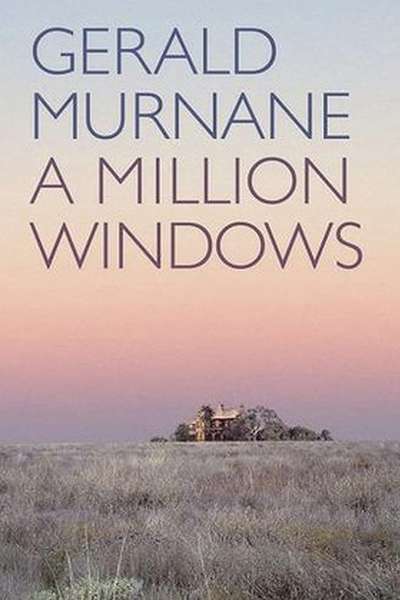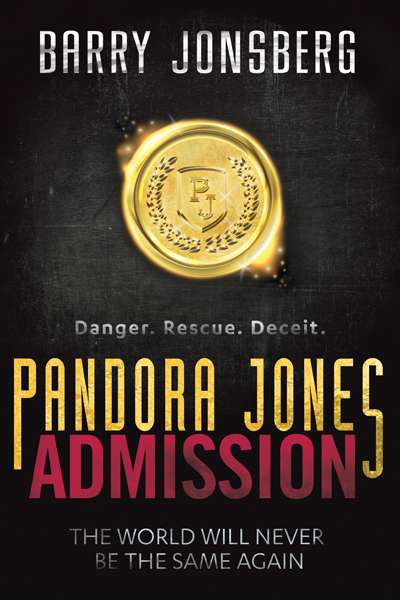Fiction
When Mark Henshaw’s début, Out of the Line of Fire, appeared in 1988, it was, as literary editor Stephen Romei states in his introduction to the recent Text Classics reissue, the ‘literary sensation of the year’. A novel about an Australian author’s difficulties in writing about his fugitive subject, the young German philosopher Wolfi, it was very much a book of its moment, when a joyous postmodernism gripped Australian letters. In 1984 the country had hosted its first conference on the topic, with Jean Baudrillard and Paul Virilio, the rock stars of French theory; and by 1988 any serious young insect – myself included – was reading Jorge Luis Borges’s labyrinthine stories, Milan Kundera’s The Unbearable Lightness of Being, and Italo Calvino’s experimental novel, If on a winter’s night a traveler. That same year Helen Daniel would publish her dense but hugely influential Liars, celebrating our novelists as purveyors of an Australian history (borrowing Mark Twain’s term) made up of ‘beautiful lies’. Henshaw’s novel also carries something of the crackling energy of our bicentenary when our literature was shedding a realism associated with colonialism while announcing a stake in international (often, but not always, European) intellectual traditions.
... (read more)Perpsectives: The University of Sydney anthology 2013 edited by Aqmarina Andira et al.
In her foreword, Emily Maguire says, ‘You need a desperate, hungry energy to tell a story, to write a poem, to scratch at the surface of a life and see what slithers beneath.’ For some, the university campus is the place for this desperation and hunger to find a voice and have a public hearing. For the University of Sydney, the public hearing is in the form of Perspectives, through which we experience almost thirty new writers and artists, who reveal diverse themes, points of view, and technical abilities.
... (read more)In Bark’s second story, ‘The Juniper Tree’, an unnamed narrator sings ‘The Star-Spangled Banner’ with calculated slowness to alter ‘not just the attitude of the song but the actual punctuation, turning it into a protest and question’. Lorrie Moore’s writing career to date strikes a similar counterbalance between form and content: irrepressible linguistic exuberance tempers – and sometimes even succeeds in confuting – an essentially saturnine world view.
... (read more)A while ago, I was walking through Melbourne Central station when I was buffeted on all sides. Muscular minders were pushing back a crowd of jostling fans from a red carpet. Everyone was holding iPhones above their heads. They had come to see two Hollywood stars. But Hollywood is different these days. One star was playing a mutant who could grow adamantium claws from his hands. The other, an ordinary character, happened to be a dwarf.
... (read more)‘The boys are behaving badly’ is the coy tagline for journalist Brigid Delaney’s début novel, about an élite Australian university’s cricket team subjecting a Malaysian exchange student to a grisly hazing ritual that goes too far. Such understatement isn’t indicative of the book itself, which follows a group of thinly drawn characters through pained, often melodramatic soul-searching.
... (read more)Silvia Kwon’s début novel explores the legacy of war on an Australian family, seen mainly through the eyes of the wife of a returned soldier. The prologue comprises a vivid and disturbing flashback to Burma in 1944, where Merna’s husband Frank spent time ‘on the line’.
Although narrated in the third person, this is Merna’s story, told from the point of view of a wife torn between the conflicting needs of husband and son. Back on the farm in the 1960s in the Wimmera, against a backdrop of endless drought, Frank struggles to keep afloat, while his son sets his sights on a distant land of opportunity, Japan. Merna takes on the role of peacemaker in a battle between the two men, whose opposing outlooks provide the novel’s source of conflict.
... (read more)The prolific Tracy Ryan’s new novel, Claustrophobia, is a smart and fast-paced hurtle through lust, obsession, and stultifying patterns of dependency and self-delusion. Written in a low-key, ironic style, Ryan borrows from tropes of crime fiction, in particular the novels of Patricia Highsmith, as well as the double-crossing figure of the femme fatale, to tell the story of Pen, a seemingly ordinary and slightly bored woman from the Perth hills. Pen is married to Derrick, whom she has encouraged to succeed in the world, albeit in modest ways, since the emotional breakdown which preceded their meeting. Ten years on, working part-time at Derrick’s school and unable to have children, Pen’s motivation is running low. Incapable of mustering the energy to clear the house or to complete the renovation which has dragged on for years, Pen’s life is suddenly and explosively changed when she finds a returned letter Derrick had sent to his previous lover – the lover whose rejection had sent him into despair.
... (read more)The three parts of Dominique Wilson’s story are linked together by racial prejudice, of Australians towards Asians, and of Chinese, Koreans, and Japanese towards Westerners. She picks up this well-worn thread in pre-Federation Australia and weaves it in and out of the narrative, tying it off when China is in the throes of the Cultural Revolution. During the twentieth century, her three men – two Chinese and one Australian – are afflicted by racism to different degrees. How strange, then, to call her book The Yellow Papers, without explaining the significance of that loaded adjective. What papers? Wartime telegrams, ancient documents, or something else?
... (read more)Since the publication of Tamarisk Row (1974), Gerald Murnane has continued to shape his own peculiar literary landscape. With The Plains (1982), he perfected the novelistic expression of his style; since then Murnane has concentrated on hybrid forms better suited to his purposes. Landscape with Landscape (1985), Velvet Waters (1990), and A History of Books (2012) are high points of this phase, but his newest fiction, A Million Windows, is in every part their equal.
... (read more)Pandora Jones by Barry Jonsberg & Crooked leg road by Jennifer Walsh
Where is the pleasure in reading a book as part of a series? A long acquaintance with known and trusted characters rewards the reader with the chance to share their growth and development through multiple challenges and adversities. For teenage readers, following protagonists their own age on this journey has particular rewards. All this, and cliffhangers, too.
Barry Jonsberg’s latest novel, Pandora Jones: Admission, is the first in a series. Jonsberg is a versatile and assured writer. His gift with character is the portrayal of young people who narrate their lives with humour and self-assurance. Dreamrider (2006) was a departure for him, depicting a character who was in psychological torment from dreams, which may or may not have been real.
... (read more)

